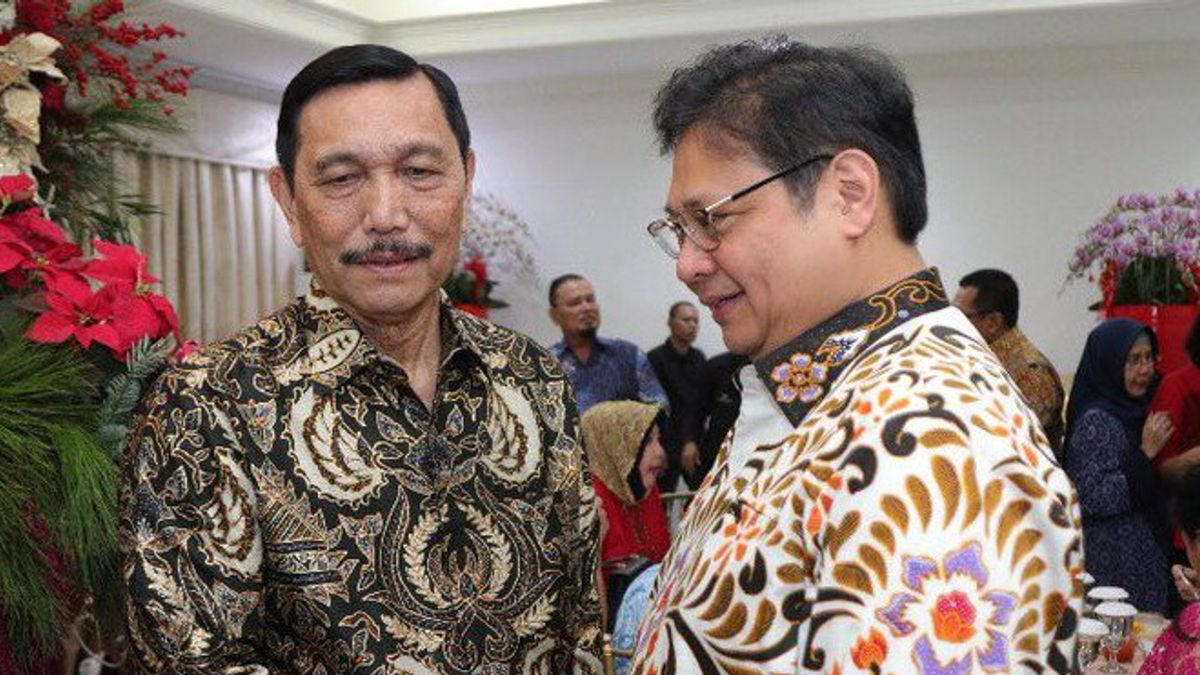JAKARTA - Institute for Development of Economics and Finance (INDEF) researcher Ariyo DP Irhamna assessed that the Job Creation Law, which is considered to facilitate investment, only discusses licensing. In fact, the important thing regarding the institution in matters of investment to planning of investment projects is not touched upon.
Ariyo said that the investment cluster in the Job Creation Law should have discussed more fundamental and strategic aspects. Such as institutions discussing the harmonization of the functions of each institution.
At present, continued Ariyo, there are three institutions that have the task and function of coordinating in the investment sector, namely the Coordinating Ministry for the Economy, the Coordinating Ministry for Maritime Affairs and the BKPM. However, unfortunately the coordination between these institutions is considered ineffective.
The most recent example is Permendag Number 68 of 2020 which requires companies conducting imports to have import approval (PI) and survey report (LS). This regulation appears regardless of companies that import for manufacturing in Indonesia and do exposure.
"This Minister of Trade Regulation causes hundreds of companies to be unable to carry out production for export. So the Minister of Trade Regulation is one of the latest examples of ecosystems in this institutional aspect, which is problematic and must be resolved," he said, in a virtual discussion, Monday, October 19.
Then, investment project planning, one of which is the selection of the project location. So far, said Ariyo, the selection of project locations is determined by the region and also from the center. Therefore, it must be properly designed project locations that are prospective from a business perspective and which have a good impact on the national economy of domestic business actors.
"For investment projects, because their duties and functions are in three institutions, this often makes the regions face confusion. In fact, in some coordination activities, the planning process is not optimal," he explained.
Aryo said, when talking about government investment, it must also think about how local partners and MSMEs are involved. Including, the technology transfer scheme for the use of local labor.
Then, investment supervision. This function is not only to overcome investor barriers but also to encourage existing investors to expand their business and transfer technology.
ViewpointFurthermore, Ariyo said, investment planning was also not designed to increase the productivity of domestic economic actors. He said, in view of the incoming investment, his point of view was still talking about the value of investment.
"Still looking at the investment value, but if we trace the value of the investment philosophy, it does not only talk about the value of investment but the impact or contribution of the investment on the productivity of domestic players," he said.
A concrete example, for example, is a state-owned company whose production capacity was previously only able to play at the domestic level. With this foreign investor, the BUMN can increase its business capacity to become a global player. This framework requires that the existing investment strategy in Indonesia be pushed in that direction.
"So for example the government wants to encourage electric cars, the framework built by the government is only limited to the upstream nickel battery. But unfortunately the nickel battery development is not yet in the downstream stage, it is still very far away. Why? Because it does not involve other stakeholders, such as research institutions, even though this It is very important that we talk about IPA for research institutions for investment because there must be a transfer of technology there, "he explained.
Then, said Ariyo, investment projects that are designed to be offered to investors have not been prepared based on investors' needs.
"So the conclusion is that the investment cluster in the Job Creation Law only discusses licensing, this makes the Job Creation Law too technical and not strategic for Law-level products," he said.
The English, Chinese, Japanese, Arabic, and French versions are automatically generated by the AI. So there may still be inaccuracies in translating, please always see Indonesian as our main language. (system supported by DigitalSiber.id)













